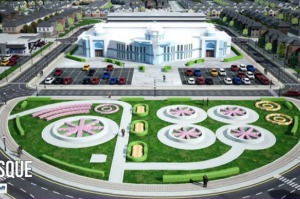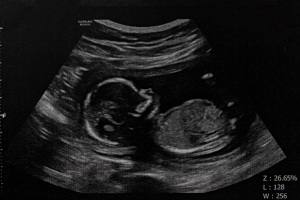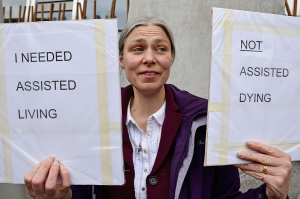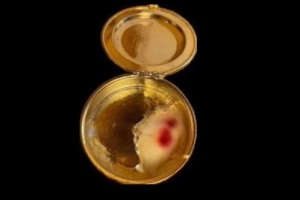American missionary thought ‘the worst things’ after Haitian president’s assassination
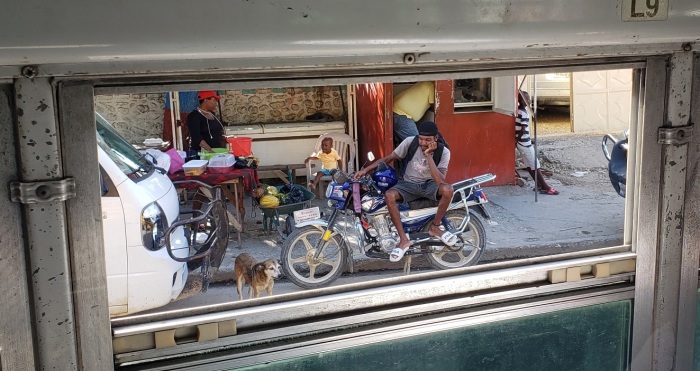
Paul Ruiz never feared for his safety during mission trips to Haiti until the day the politically tumultuous Caribbean nation’s late President Jovenel Moïse was assassinated.
As he and a team of 16 other missionaries from California organized by Anchor 4 Haiti got ready to leave a small coastal town called Cabaret to return to the U.S. after a one-week mission on July 7, the country shut down following the assassination. His mind, he said, told him “the worst things” because he wasn’t sure when he would get back to California to be with his wife and young daughter.
The fear, however, was short-lived.
“I didn’t feel the effects of it until the day I knew we had to stay. That really hit me hard because my own mind began telling me the worst things too. … It’s crazy what you go through emotionally. And then eventually, I regathered my emotions and then God set me strong and I would be home,” Ruiz, a member of the Abundant Living Family Church in Rancho Cucamonga told The Christian Post on Monday.
The late Haitian president was assassinated in an attack on his private residence in the hills above Port-au-Prince at about 1 a.m. local time on July 7, the BBC reported. Magistrate Carl Henry Destin told Le Nouvelliste newspaper that Moïse died at the scene and his body had 12 bullet wounds. He further noted that the president's office and bedroom were ransacked and he was found lying on his back, covered in blood.
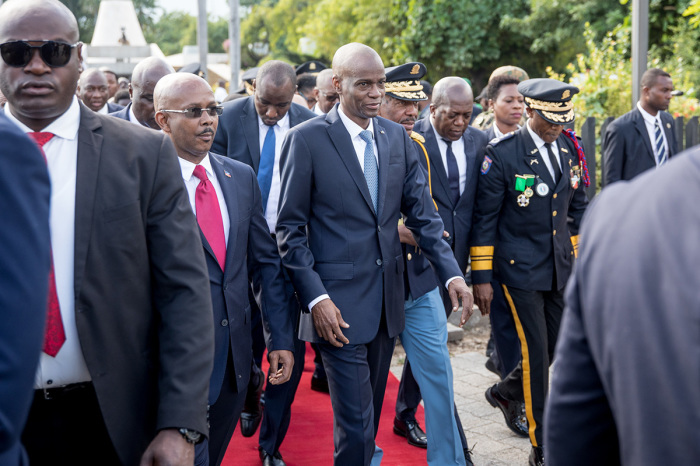
The late president’s wife, Martine Moïse, who was also injured in the brazen attack, was transported to a hospital in South Florida for treatment.
“I am alive, thanks to God,” Martine Moïse said in a recent message from her hospital bed.
“In the blink of an eye, the mercenaries entered my home and riddled my husband with bullets … without even giving him a chance to say a word,” she said.
Mercenaries, she said, were sent to kill her husband “because of roads, water, electricity and referendum, as well as elections at the end of the year so that there is no transition in the country.”
“I am crying, it is true, but we cannot let the country lose its way,” she said. “We cannot let his blood … have been spilled in vain.”
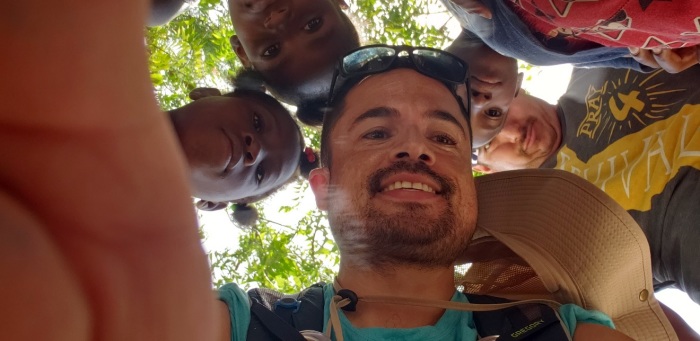
As Haiti, the rest of the world and Ruiz’s family reeled with the news of Moïse’s assassination, the 42-year-old missionary, who recently married and has a daughter who's still an infant, would eventually calm the fears of those who were worried about the safety of his team.
“Hello everyone. Just an update for anyone that has been paying attention. God has certainly done so many amazing things that this team has witnessed here in Haiti. However, we received tragic news that the Haitian president was assassinated early this morning. We were expected to leave today, but all flights are canceled until further notice. We are all safe. Gonna have [to] stay here longer than expected. Please, keep the people of Haiti, the president's family, our team and our families, and this whole situation in prayer,” he wrote on his Facebook page last Wednesday morning.
Now that he is safely home after flying from Haiti last Friday, Ruiz says he didn’t see any unrest in the country in the early days after the president’s assassination despite sensational reports about what was happening on the ground.
“It was pretty calm and quiet where we were. Sounded like people were listening to the radio. The lady who owned the establishment where we were staying, even she was just shocked. She didn’t think this would happen to him (president),” he said.
“Even going back to the airport on Friday, it just seems like things were running,” he continued.
“We were in deep prayer once it happened — for our team, just the area. Honestly, it felt like a movie just hearing everything. It was like ‘just wow.’ This really happened. It’s a lot to process,” Ruiz added.
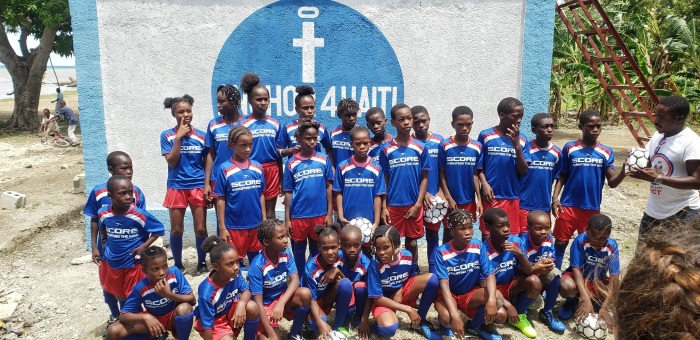
He suggested that perhaps most of the action was taking place in the capital, Port-au-Prince, which is about a 30-minute drive from where he stayed. Media reports, he said, made it seem as if the whole country was protesting.
“People back home (in America) are like ‘whoa. What’s happening?’ They’re just seeing the worst of it that’s kind of what the news does. But for us as a team, we weren’t experiencing any of it,” he said.
He explained that even though he and his team were not in any immediate danger, as soon as Anchor4Haiti learned that they were not able to leave the country in the aftermath of the assassination, the organization quickly got to work to get them back to the U.S.
Despite the vicious attack on Haiti’s president, Ruiz said he was grateful that his mission team was able to carry out meaningful work before the assassination.
“We were able to complete what we set out to do which is to provide food and school supplies and we were actually able to raise enough money in time” to build a water tower for the city of Bayelle, he said. Other work they previously did include building a church and a school and they plan on building a seawall for one of the towns.
Ruiz said people interested in doing missionary work in Haiti shouldn’t be afraid if that is what they want to do. They should, however, be careful, prayerful, use wisdom and work with organizations and people who understand the culture and can help them stay safe.
“They are actually a very welcoming people. The first time I ever went I just kind of fell in love with the people. That’s one thing I noticed for sure,” he said.
“You’ll see a face sort of looking at you curiously, but then you just wave and say ‘bonjour’ or ‘bonsoir’ and then their face lights up and they wave. They welcome you into their homes, so when we do evangelizing we just go to homes to offer prayer, food or something like that,” he said. “It really is a beautiful place.”
People can support Haiti at this time by talking to their political representatives and donating to organizations doing work to help build infrastructure and support the democratic systems, he added.
“It’s a western country. It’s part of the western hemisphere. We’re all family in that regard, so talk to your local leaders. It’s not a lost cause. They are people just like us who need assistance, who need established governments,” Ruiz said.
“Not to be saviors of the world, but talking to people who’ve already been to Haiti and donating to their cause so they can help build infrastructure. The goal, I think, isn’t necessarily to do everything for them. It’s to help them be independent, to create and be innovative, and just working with their government to see what they can do for that nation,” he noted.

















